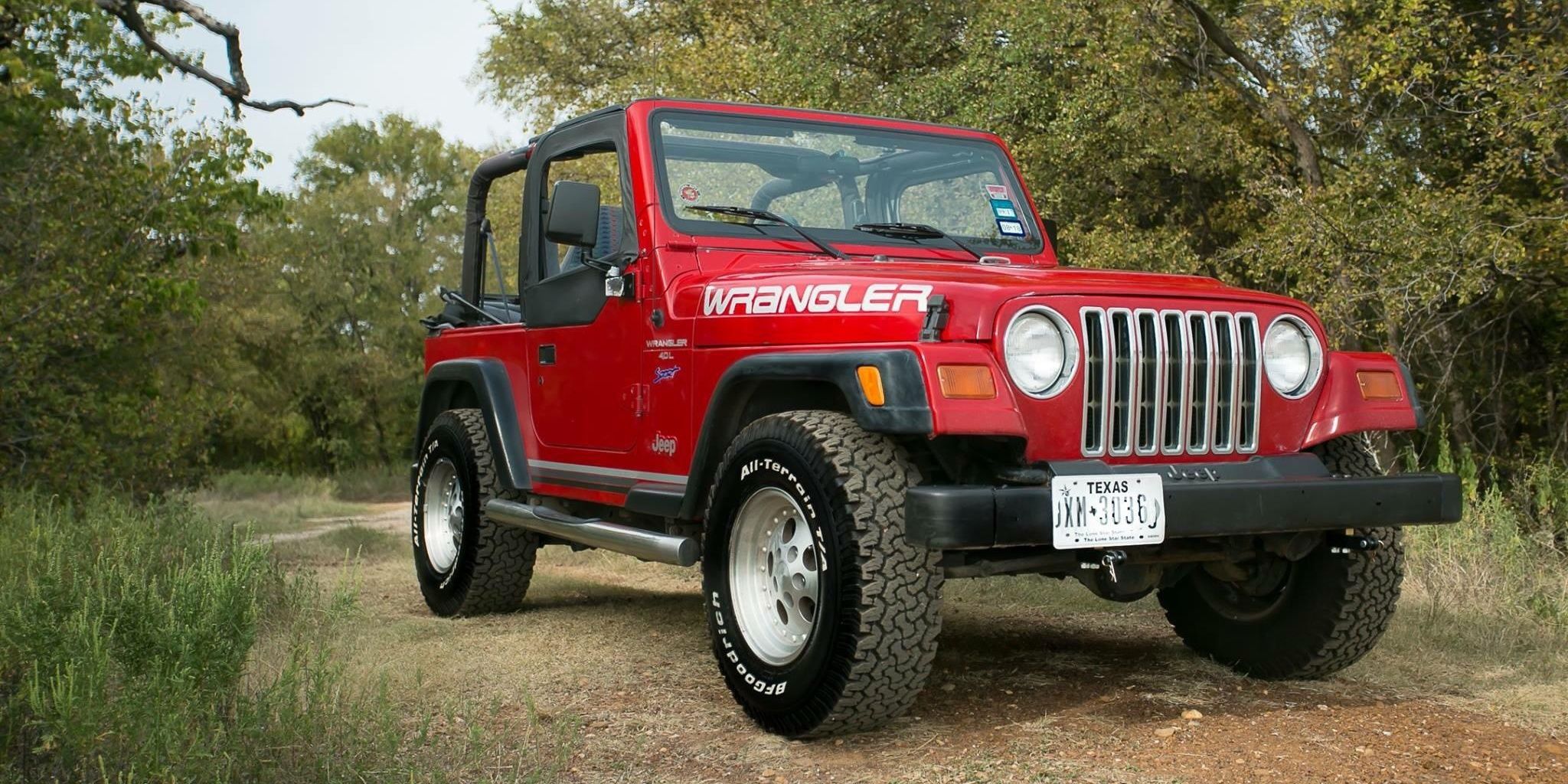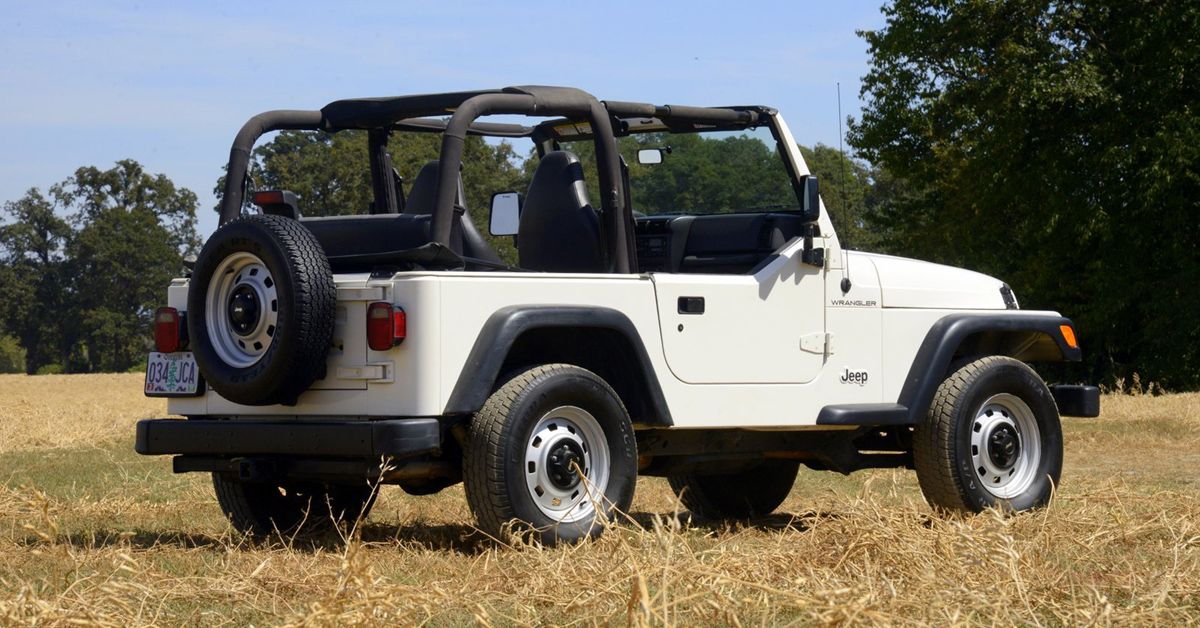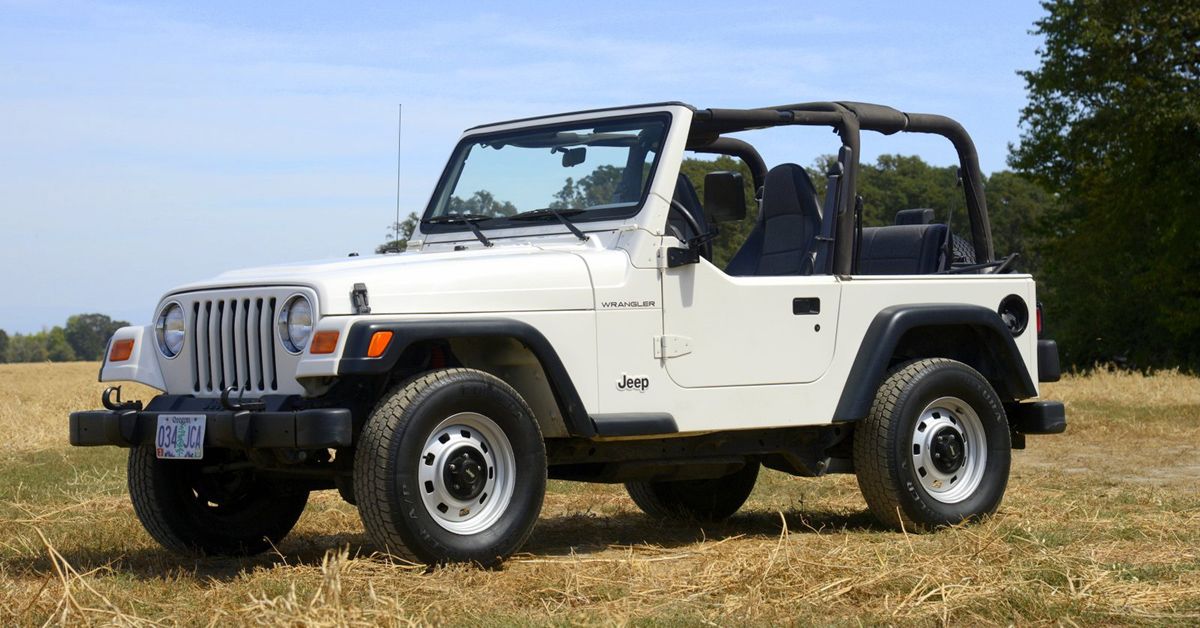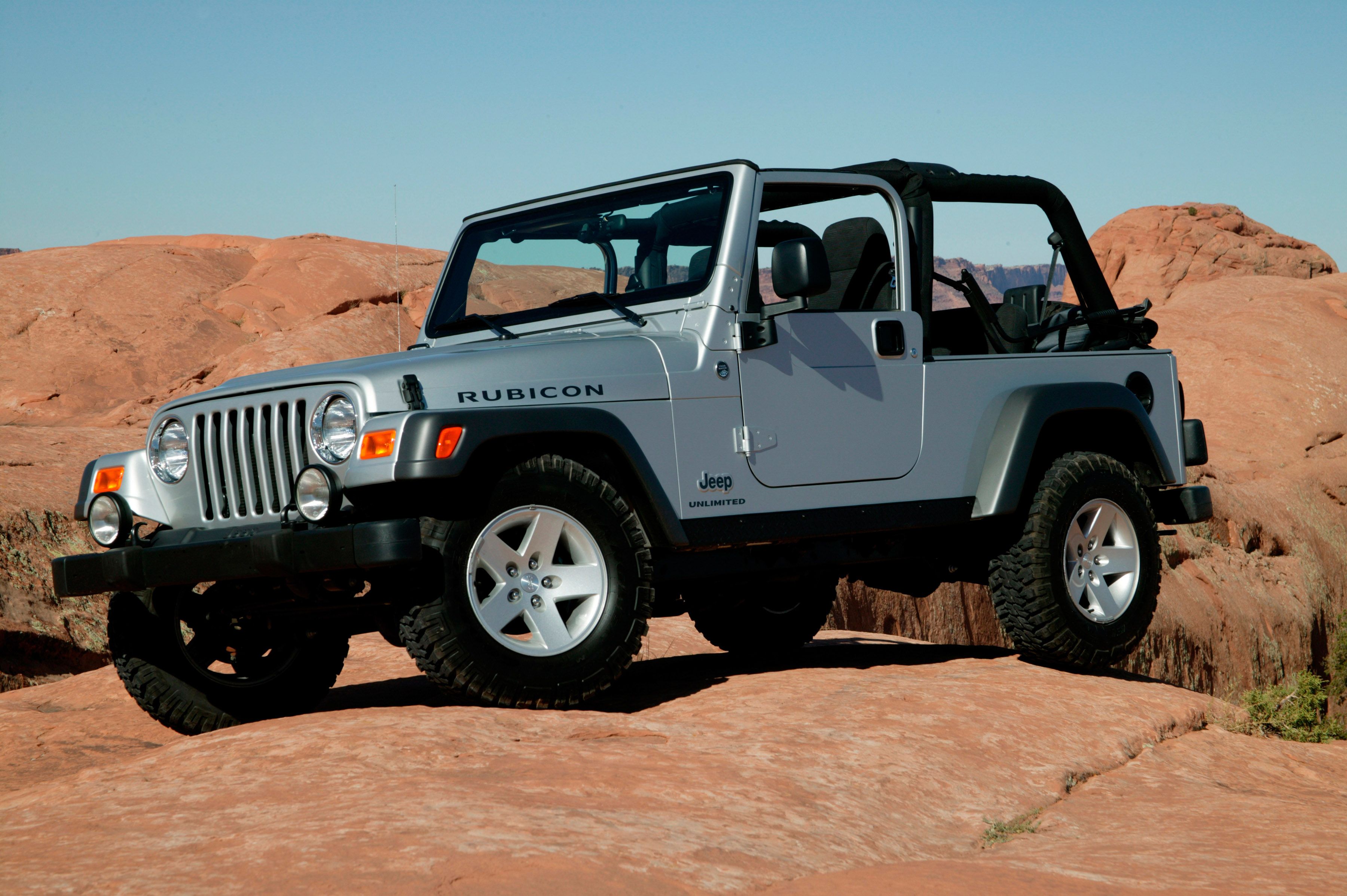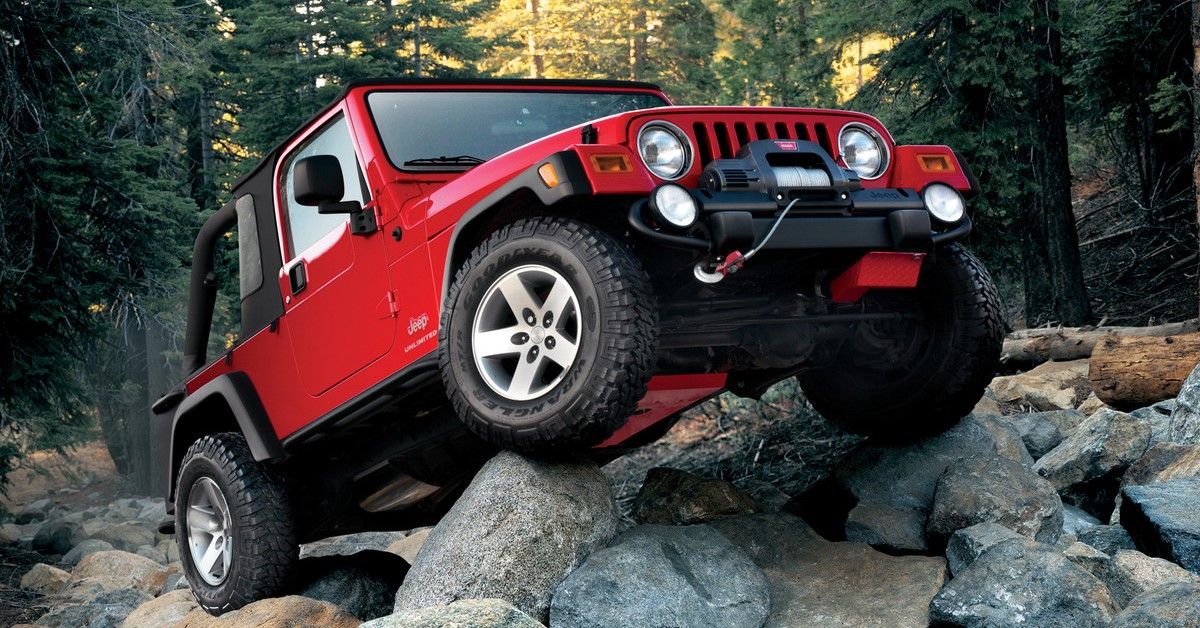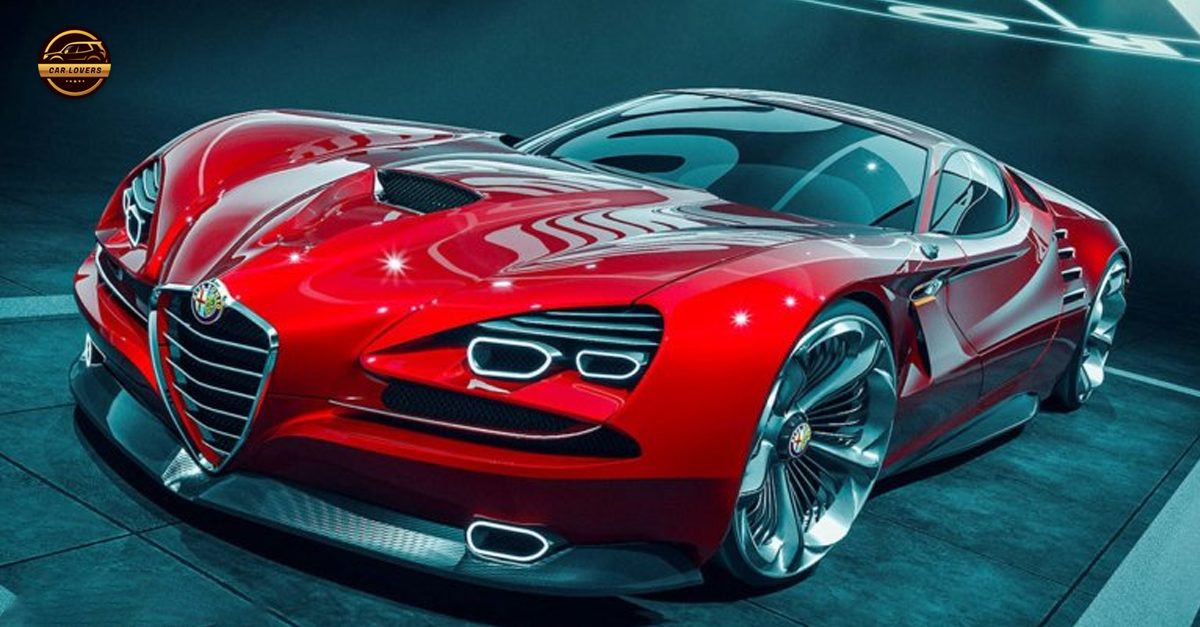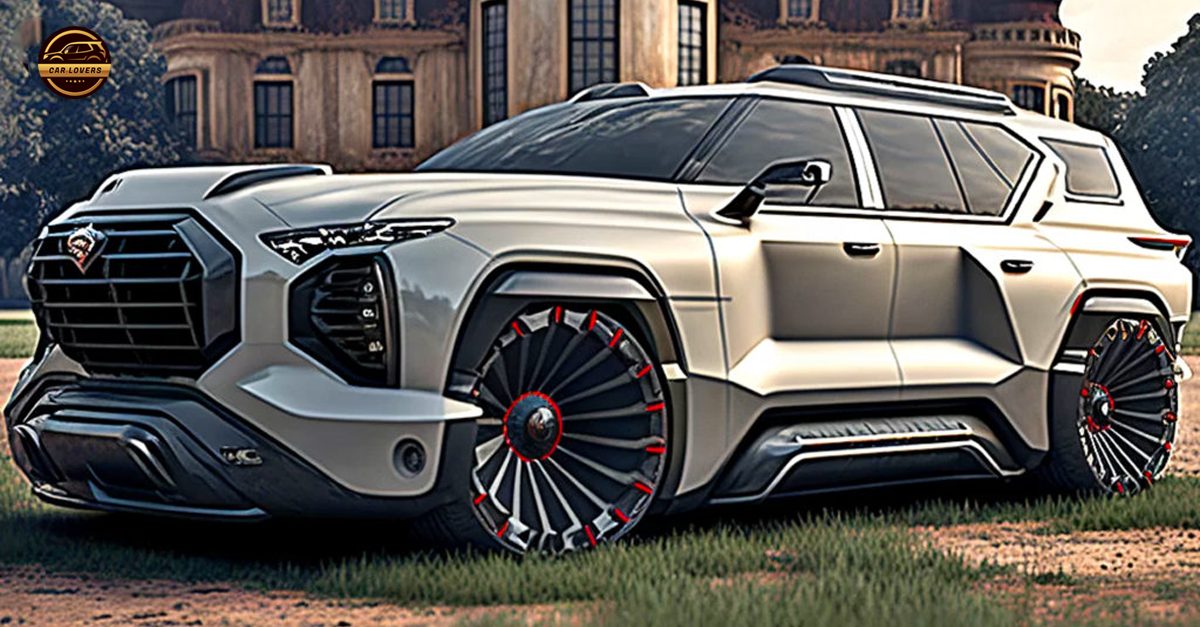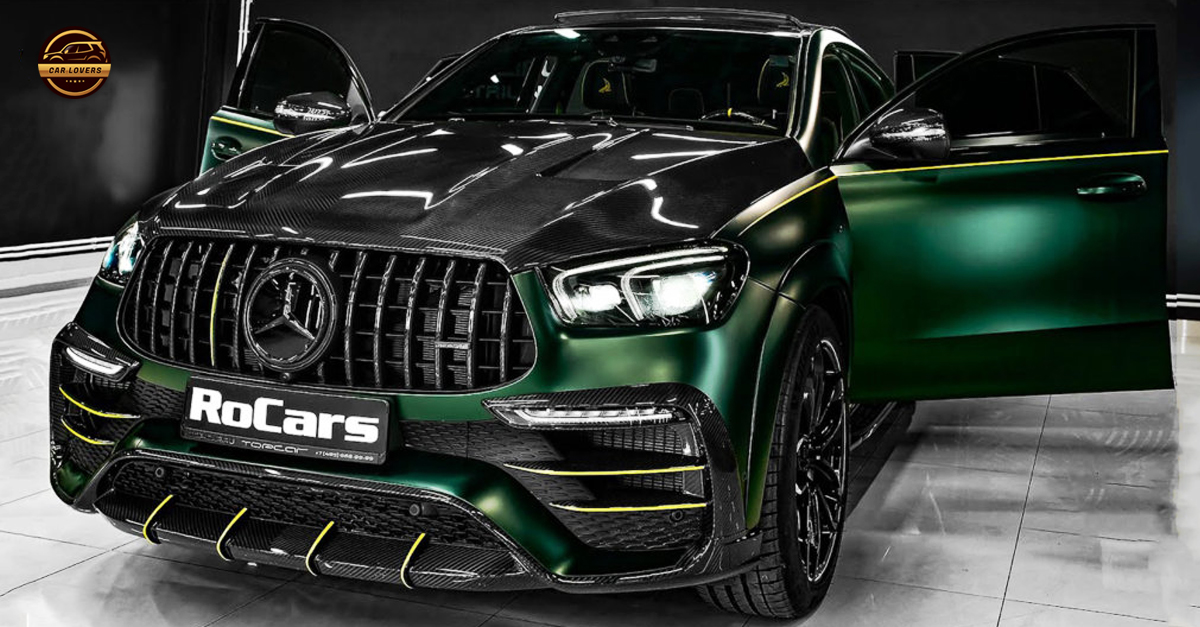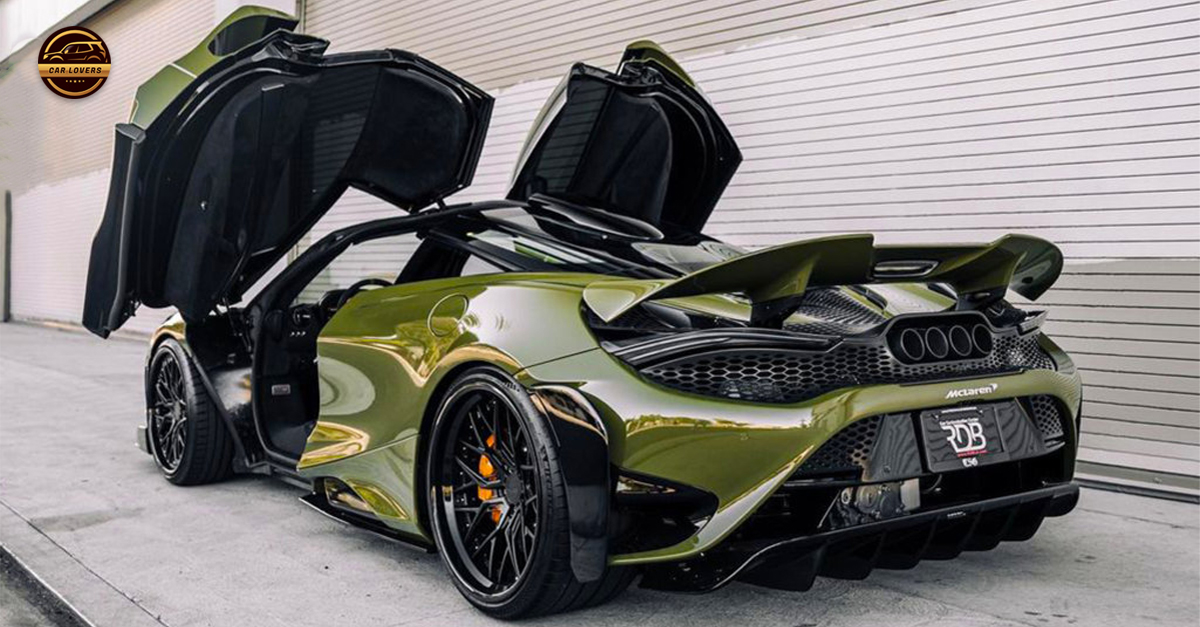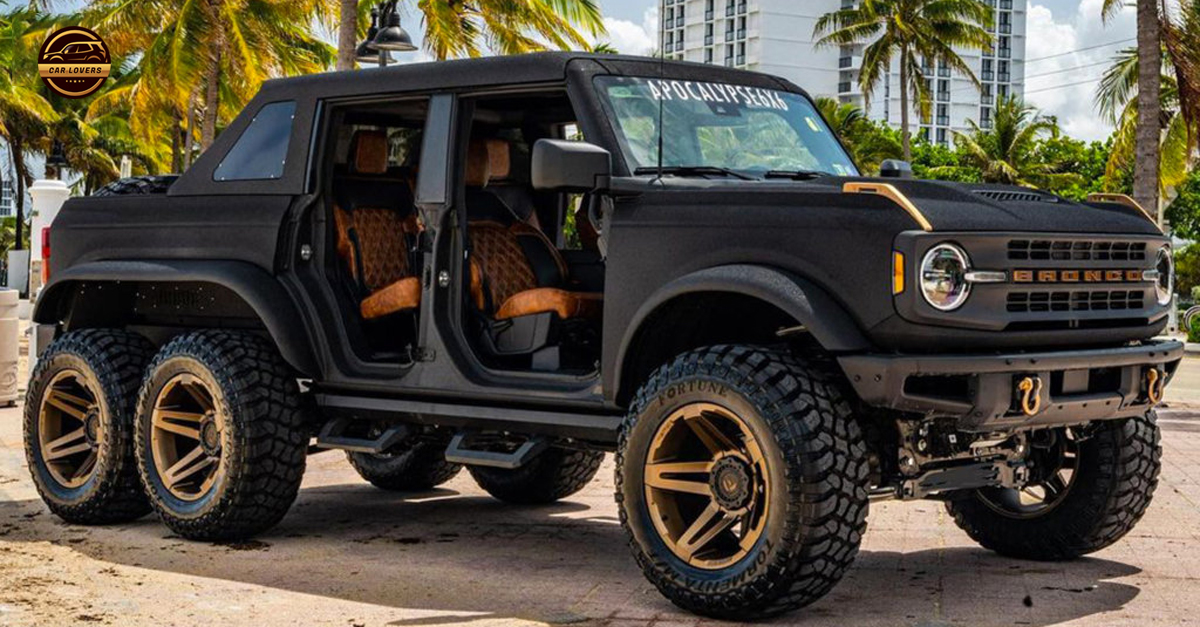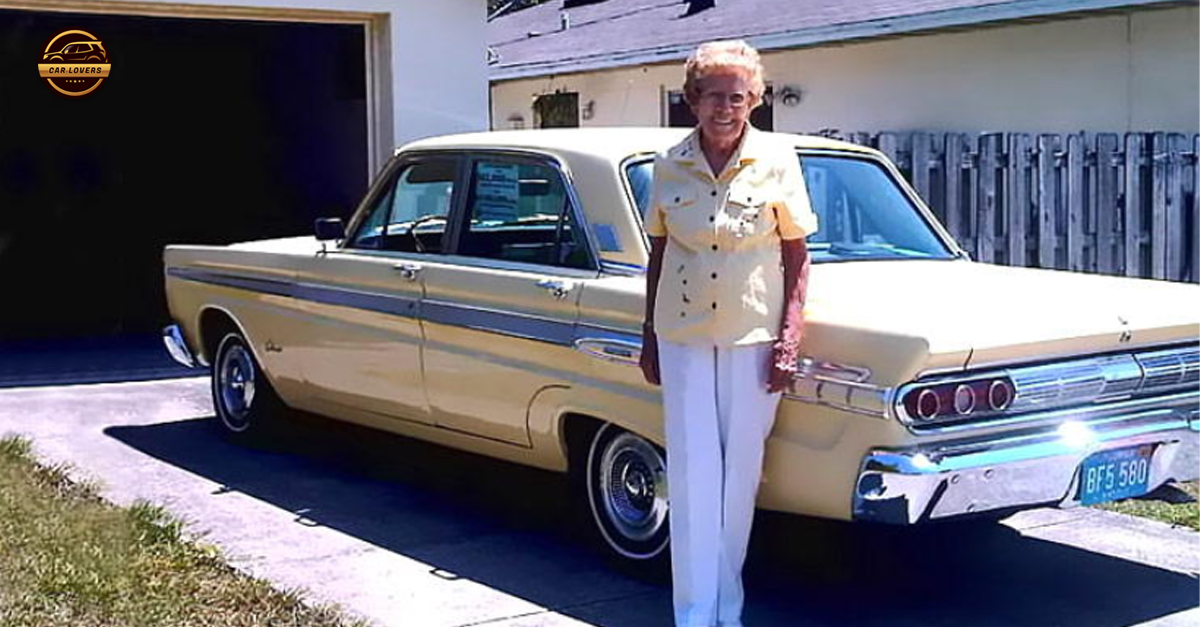The 1997-2006 TJ Wrangler brought Jeep into the future with a better ride, throwback headlights, and more power.
After getting put on civilian duty, the Jeep CJ was still a bit too much of an unstoppable off-roading war machine for the average consumer looking to tackle a gravel road on the weekends. With that in mind Jeep scaled back on the tank-like qualities of its flagship truck and in 1986 introduced the world to the more civilized YJ Wrangler (as an ’87 model).
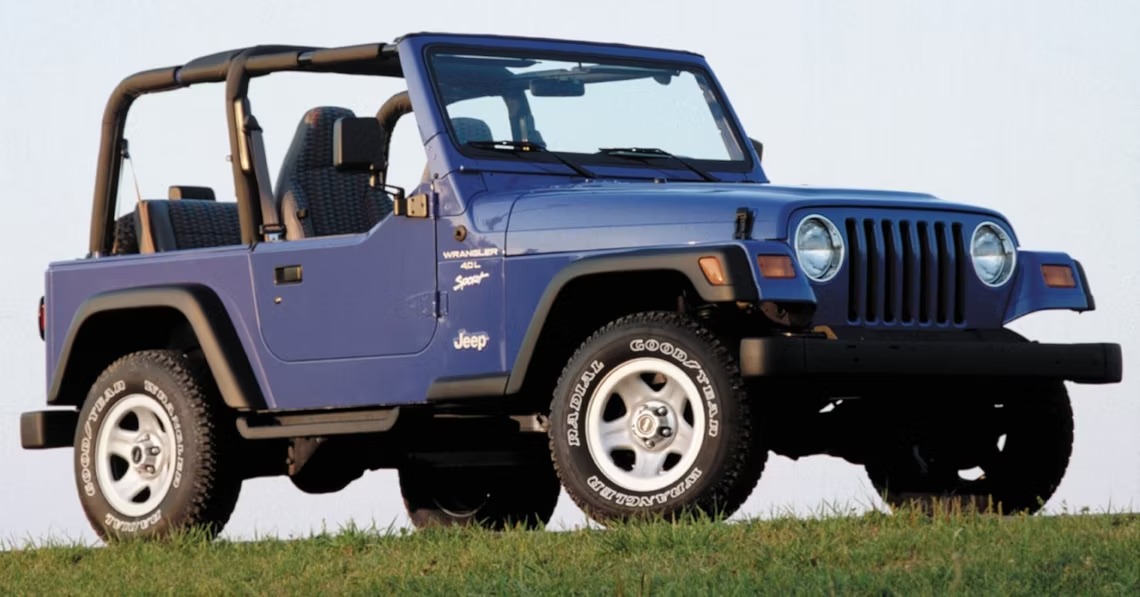
Realizing that customers truly enjoyed having a rough-and-tumble four-wheel drive that was a bit more magnanimous than militant, Jeep decided to tweak things even further with the next generation of Wrangler, code-named the YJ that it introduced in 1996 as a ’97 model. But, with SUVs slowly catching on in the US, the TJ Wrangler had to set itself apart by being something special, and it was.
1997-2006 Jeep Wrangler TJ
8.50 / 10
- Rubicon Created In 2002
- 16 Different Trims In 9 Years
- LJ Wrangler Added Extra 10 Inches To Wheelbase
SPECIFICATIONS
- Trim: SE, X, Sport, Sahara, Unlimited Sport Edition, 60th Anniversary Edition, 65th Anniversary Edition, Apex Edition, Columbia Edition, Freedom Edition, Golden Eagle, Rocky Mountain Edition, Rubicon, Sahara Edition, Tomb Raider Edition, Willys Edition
- Model: Wrangler
- Engine/Motor: 2.4-Liter Inline-4, 2.5-Liter Inline-4, 4.0-Liter Inline-6
- Horsepower: 120-181 Horsepower
- Torque: 140-235 Foot-Pounds
- Drivetrain: All-Wheel Drive
- Transmission: 3-Speed Auto, 5-Speed Manual, 6-Speed Manual
- MSRP: $13,995 Base (1997)
PROS
- Quieter Ride Than The YJ
- 100% Increase In Torsional Rigidity
- The Return Of Round Headlights
CONS
- Aerodynamics Of A Brick
- Continued Poor Fuel Economy
- Would Benefit With More Power
The 1997-2006 Jeep Wrangler Was A Complete Redesign
Thankfully Jeep took the right kind of edges off of the Wrangler, but decided to leave the most important ones, those being its trademark, squared-off, boxy design that would continue on to today’s version. Although “refined” is not a word typically associated with Jeep Wranglers, but compared to the YJ, the new TJ was significantly more advanced than the truck it replaced. However, since the older Wrangler had sold exceptionally well, Chrysler only allocated a measly $260 million for the TJ renovation. For context, even in the mid-90s, a new vehicle budget cost somewhere in the neighborhood of six to ten times that amount.
But, engineers can, and usually are, very smart people, and the guys working the Jeep program were no exception. With limited resources, somehow those fastidiously frugal finance fanatics workshopped a brand-new Jeep that had a gutted and redesigned interior, a stronger frame, new exterior sheet metal, brand new anti-lock brakes, and new leaf springs with Jeep’s (then) new Quadra-coils at all four corners. there was even money left over to install better weatherstripping to make the Wrangler a four season performer that didn’t require anyone to get frostbite during the winter months, unlike some of its predecessors.
There Are No 1996 Jeep TJ Wranglers3 Images

via BaT
A fun bit of trivia – there is no official 1996 Wrangler model. The last of the YJ Wranglers were officially 1995 models, and the beginning of the TJ generation were only made as 1997 models. Despite having more than a dozen trims over its next nine years, the TJ Wrangler only ever had one of three engines. Early on, the base engine was an 2.5-liter AMC straight-four cylinder engine that made a paltry 120-horsepower at 5,400 RPM and 140 pound-feet of torque at 2,800 RPM. The larger and more powerful 4.0-liter AMC straight-six made a much more appropriate 181-horsepower at 4,600 RPM and 222 pound-feet of torque at 3,500 RPM. Though it wouldn’t become a really hot rod until much, much later in the form of the Rubicon 392, it wasn’t until 2003 that Jeep decided to retire the AMC straight-four in favor of a smaller, yet more powerful 2.4-liter PowerTech inline-4 that made a more respectable 141-horsepower at 5,200 RPM and 158 pound-feet of torque at 4,000 RPM.
That power then got funneled through either a five-speed manual transmission or a three-speed automatic. It wasn’t until 2003 yet again that the Wrangler got upgraded to a four-speed automatic, and not until 2006 that a six-speed manual got offered. From there, a set of Dana front and rear axles waited to shuttle things to either just the rear wheels or all four corners depending on whether four-wheel drive was in use or not, which would give it the ability to battle with the likes of the uber-expensive Lamborghini LM002.
The 1997-2006 TJ Wrangler Came In 16 Different Trims
Although it remained essentially the same over the course of its existence, the Wrangler TJ got made into no less than 16 different trims and special editions in its time. The SE was the base model, and essentially the ‘no-frills’ version of the Wrangler that came with an AM/FM radio (later a cassette and then CD player showed up), a removable rear seat and vinyl interior. The inline-four was standard issue, while the 4.0-liter six was the big option. Also worth noting is that this trim got put into use as a mail delivery vehicle for rural areas.
The Sahara Edition was easily distinguished by its wider flared body-color trim panels. A shorter 3.73:1 rear axle and big thirty-inch tires were optional equipment to help this Wrangler tackle any trail it got pit against. Upgraded cloth interior, as well as trim-specific color schemes helped to differentiate the Sahara as something a bit more than the base model.
As a precursor to today’s Gladiator, the original Unlimited trim, produced from 2004-2006 and known as the LJ (Long Jeep), signified the first real change to the Wrangler’s dimensions since its introduction as a YJ back in 1987. The Unlimited tacked on a full ten inches to the Wrangler’s wheelbase, which allowed for not only two more inches of space for the rear passengers, but an additional 13-inches of cargo space. The extra wheelbase nearly doubled the base Wrangler’s 2,000 pound towing capacity, able to two a full 3,500 pounds.
The Jeep Wrangler Rubicon Began In 2002
Though it pales in comparison to even today’s Toyota RAV4, the TJ Wrangler did its best to become a more modern, comfortable, civilized daily driver. But, there were some customers that actually longed for the days of the early CJ years when owning a Jeep was a sign of a hardcore off-roader. So, in 2002 Jeep decided to create a version of its Wrangler that harked back to its roots. Those roots, as it turns out, were set in the Sierra Nevada Mountains, as the name “Rubicon” got chosen to paid homage to the famous 22-mile Rubicon Trail. Featuring a Rock-Trac 4:1 transfer case, front and rear locking Dana 44 axles and P245/75-16 Goodyear all terrain tires. Combined with the five-speed (or later six-speed) manual transmission, the Rubicon offered spectacular low-gearing, ideal for grappling with the most rugged trails in the world.
Until the more recent Rubicon 392, the Wrangler never moved very quickly on or off-road. At its best, the 2006 Jeep Wrangler TJ equipped with a six-speed manual transmission and the more powerful 4.0-liter was able to hustle from 0-60 MPH in a little over eight seconds, and through the quarter mile in just about 15 seconds. Those time won’t ever allow the Wrangler to be confused with today’s Lamborghini Urus, but then the Jeep came along long before the idea of an elite luxury sport hyper-SUV existed. However, what the TJ Wrangler and Urus do have in common is that they both posted less than stellar fuel economy. The six-cylinder Wrangler managed 13/17/15 city/highway/combined, while the four-cylinder posted a best of 16/19/17 city/highway/combined.
A Used Jeep TJ Wrangler Costs About $20,000
The TJ proved to be something of a bridge from old to new in the history of the Wrangler. Its suspension kept the live axle setup of its predecessors, but the addition of coil springs and four-link control arms allowed for a much softer ride. Anti-lock brakes were available, as was the option between power and manual steering for those that preferred the more natural road feedback. A stiffer frame worked in conjunction with steel body panels created an increase in torsional rigidity by a ridiculous, and almost unbelievable 100 percent. Beyond that, Jeep also managed to reduce the box-like drag coefficient of the TJ, and allow for a (relatively) quieter ride.
Over the course of its nine-year model run, the TJ Wrangler sold more than 950,000 units worldwide, making it one of the most popular SUVs trucks in history. Today, there are a myriad of TJ Wranglers available on the resale market. Though many have gotten modified, the average sale price for a TJ Wrangler is $19,866 according to Classic.com. The original 1997 model averages out to $14,527, while the latest 2006 units go for a somewhat surprisingly high average price of $24,705, proving that these Jeeps retain their value extremely well.
The TJ Wrangler may have only been around for less than a decade, but with the introduction of the Rubicon and Unlimited models, it set the standard by which all modern Jeeps have gotten compared to since. Today, a saturated market with on- and off-road machines like the BMW X3, and GMC Canyon pickup truck have all taken cues from the successes of Jeep’s original Wrangler. And even in a world full of competition, whether it be the CJ, YJ, or TJ, the Jeep Wrangler remains arguably the most recognizable brand in the automotive world.




